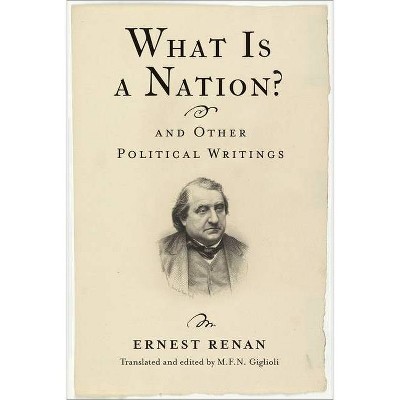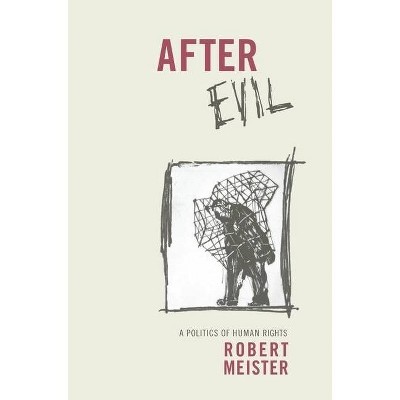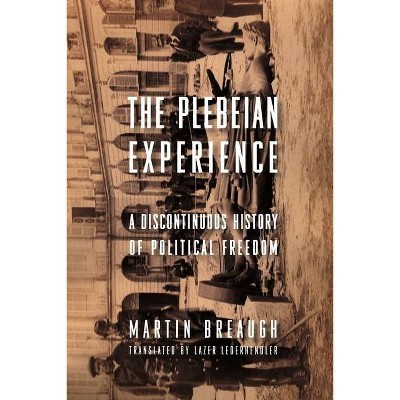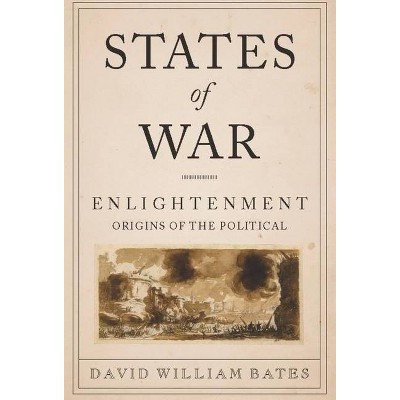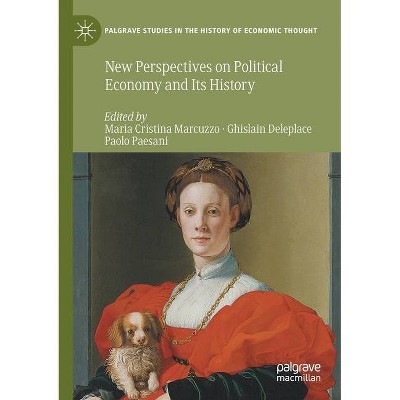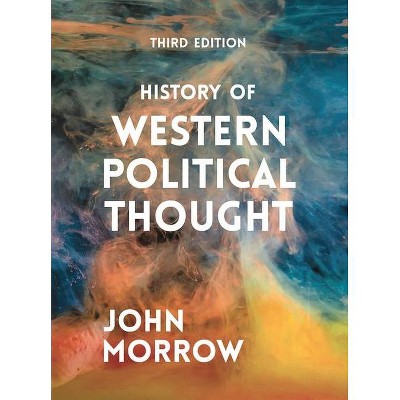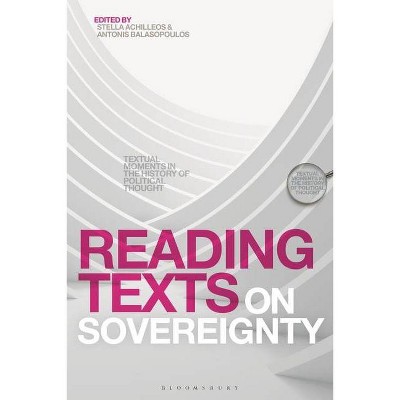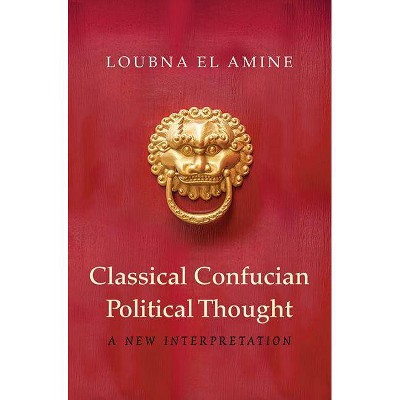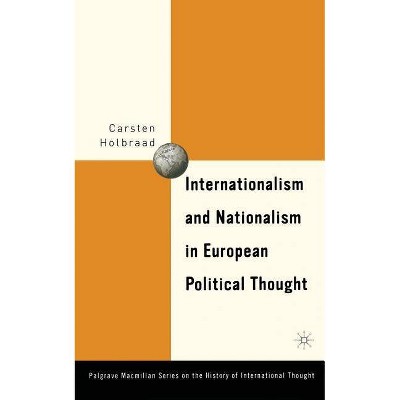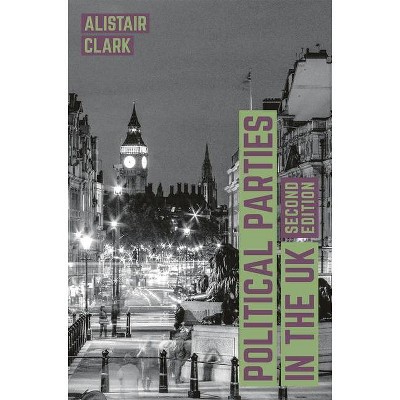Life and Money - (Columbia Studies in Political Thought / Political History) by Ute Astrid Tellmann (Hardcover)
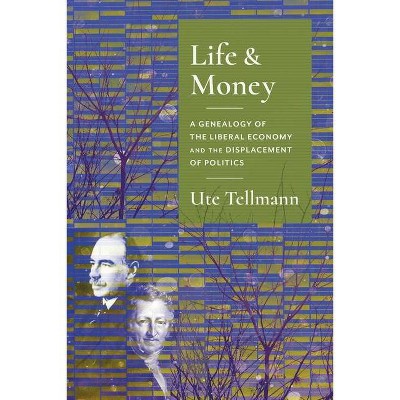
Similar Products
Products of same category from the store
AllProduct info
<p/><br></br><p><b> About the Book </b></p></br></br><i>Life and Money </i>uncovers the contentious history of the boundary between economy and politics in liberalism. Bringing economics into conversation with political theory, cultural economy, postcolonial thought, and history, Ute Tellmann gives a radically novel interpretation of scarcity and money in terms of materiality, temporality, and affect.<p/><br></br><p><b> Book Synopsis </b></p></br></br><i>Life and Money </i>uncovers the contentious history of the boundary between economy and politics in liberalism. Ute Tellmann traces the shifting ontologies for defining economic necessity. She argues that our understanding of the malleability of economic relations has been displaced by colonial hierarchies of civilization and the biopolitics of the nation. Bringing economics into conversation with political theory, cultural economy, postcolonial thought, and history, Tellmann gives a radically novel interpretation of scarcity and money in terms of materiality, temporality, and affect. <p/>The book investigates the conceptual shifts regarding economic order during two moments of profound crisis in the history of liberalism. In the wake of the French Revolution, Thomas Robert Malthus's notion of population linked liberalism to a sense of economic necessity that stands counter to political promises of equality. During the Great Depression, John Maynard Keynes's writings on money proved crucial for the invention of macroeconomic theory and signaled the birth of the managed economy. Both periods, Tellmann shows, entail a displacement of the malleability of the economic. By tracing this conceptual history, <i>Life and Money</i> opens up liberalism, including our neoliberal present, to a new sense of economic and political possibility.<p/><br></br><p><b> Review Quotes </b></p></br></br><br>Highly recommended--Choice<br><br>Much has been written about the genealogy of the political. In this conceptual tour de force, Ute Tellman undertakes a parallel but neglected project: the genealogy of the "economic" in the constitution of liberalism. Attending to liberalism in its moments of extreme crisis, Tellman denaturalizes both the idea of economic necessity and the utopia of economic management. This is a vital and urgently needed book in the current conjuncture.--Melinda Cooper, University of Sydney, Australia<br><br>A fascinating and intricately argued study that redescribes significant moments in the development of economics not just as 'discoveries' but as moments in which the very nature of the economic and the political is reconstituted.--Stephen J. Collier, The New School<br><br>A sharp and important book that provides a rich account of the constitution of 'the economic' as a foundational domain. It is such a tour de force in its treatment of Keynes that it belongs alongside Moggridge or Skidelsky.--Bill Maurer, University of California, Irvine<br><p/><br></br><p><b> About the Author </b></p></br></br>Ute Tellmann<b> </b>is associate professor of political sociology at the University of Erfurt, Max-Weber-Kolleg.
Price History
Cheapest price in the interval: 75 on November 8, 2021
Most expensive price in the interval: 75 on December 20, 2021
Price Archive shows prices from various stores, lets you see history and find the cheapest. There is no actual sale on the website. For all support, inquiry and suggestion messages communication@pricearchive.us
